Alex Hayman from Foodcycler Science Corporation presented an exciting recycling project to Smiths Falls town council and staff during Monday evening’s Committee of the Whole meeting.
The Foodcycler is a fast-acting countertop composter, which transforms a bucket of food waste into soil in one cycle (which takes approximately three hours). This is an energy-efficient tool for diverting food waste from the solid waste stream. Foodcycler Science Corporation would like to partner with Smiths Falls in testing the technology at one hundred households in town at a reduced cost.
Is food waste a significant problem? In Canada, household waste is composed of 25-50% organic waste. “Food waste decays in landfill anaerobically and turns into harmful methane gases. If food waste can be kept out of the garbage can, there is less odor, less weight, and a significant reduction in methane production,” explained Hayman.
Many cities use green bins to divert food waste from landfills. “Green bins work well in large cities with dense housing due to economies of scale,” Hayman said. In smaller municipalities, however, it’s an expensive service to offer. The Foodcycler is “all about making recycling food waste easy, clean, and convenient.” Typically, users fill the Foodcycler’s bucket once a day, and turn it on for a compost cycle (much like a household might run the dishwasher at the end of the day). The Foodcycler uses a combination of heating and grinding to “create a dry, sterile & odourless soil amendment,” explained Hayman. “A typical household will generate a 5-gallon bucket in a 6-month period.”
Foodcycler offers 95% reduction in methane gas compared to sending waste to the landfill.
The pilot program runs 12 weeks, and would see interested citizens tracking their use of the Foodcycler. This gives municipalities a chance to see the amount of waste being diverted from garbage collection and landfill. The cost of the units, $500 each, would be subsidized by Foodcycler Science Corporation and the town Smiths Falls, leaving interested household to pay $150 for the unit which they would test and then keep.
Hayman informed council that the Foodcycler consumes about 0.8 kilowatt hours per cycle, which works out to $0.08 per cycle. “We’re pretty pleased with how efficient it is,” he said.
Councilor Dwyer commented, “I think this is hugely exciting. We’ve talked for years about starting a green bin program for the town; it’s never really been achievable. I love this as an option. I don’t think this technology is going to be for everyone so I appreciate that there is a buy-in option. Hopefully the more there is exposure to technology like this, the more people will get on board.
As we’ve seen, it looks like at the end there might be a net reduction in our output costs for waste removal.”
Mayor Pankow was also very interested. “The opportunity here to divert waste away from landfills may get us to the point where we don’t need weekly garbage pickup. This has my full support,” he said.
Council supported this recommendation unanimously, and Smiths Falls will move forward with the pilot project.

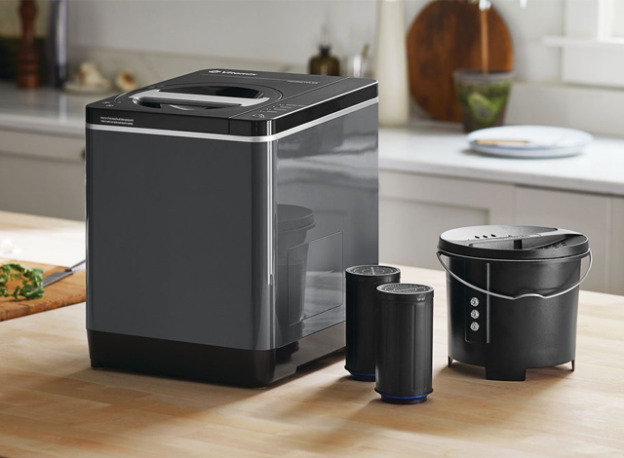










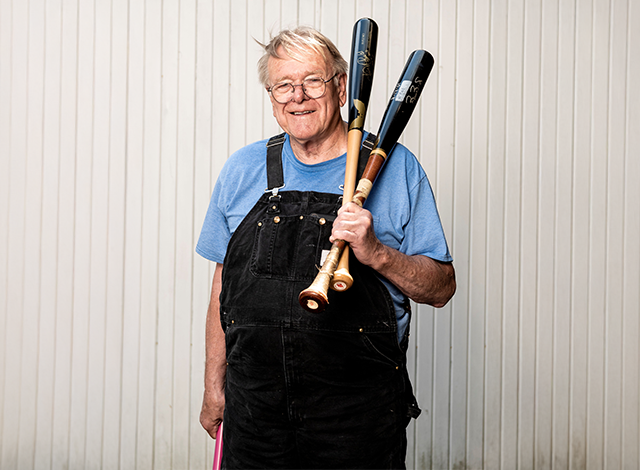

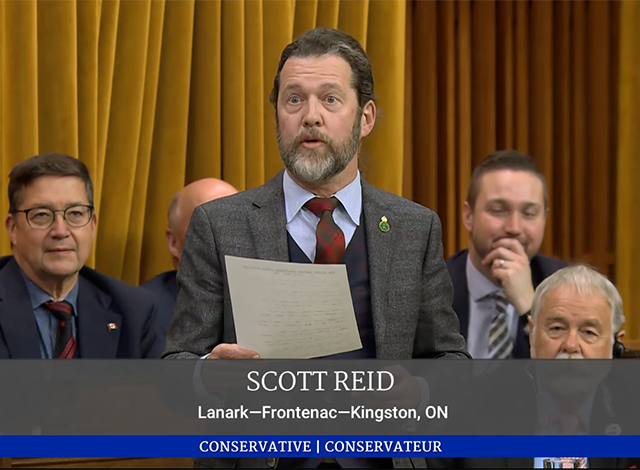
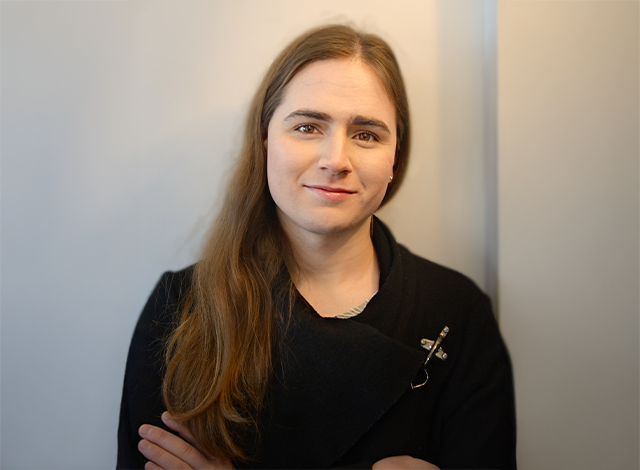
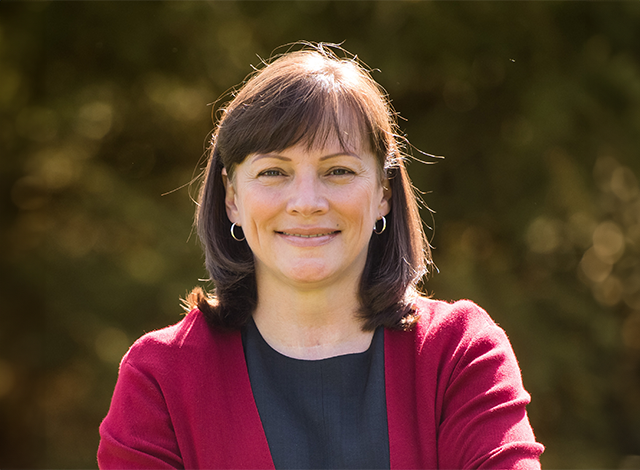
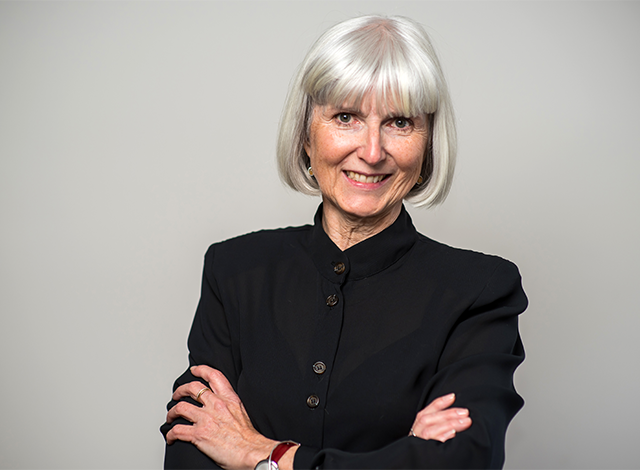
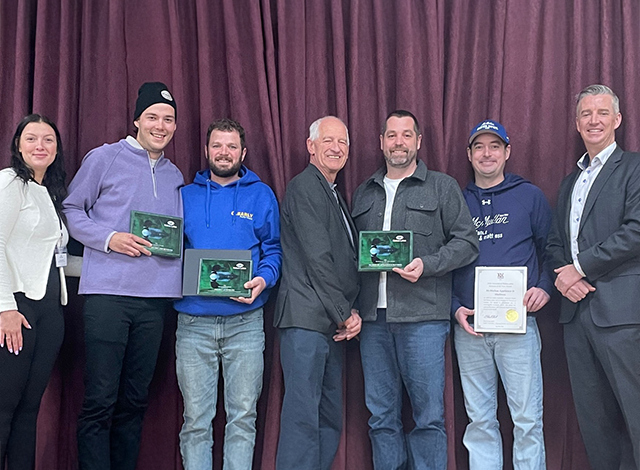

Hi,
Interesting read, is this pilot program only offered to the town of Smiths Falls 🤔 or does it include the municipalities ( Montague township)
We have lived here for 8 yrs & have often wondered why we don’t have a green bin 🤔
i would very much like to be in on this … as i spent many yrs on a farm & have always been very aware of composting … i love returning the compost to my gardens … please add me to the list …
Anything we can do to cut down on products going to landfill is a positive!!!
I’d pay 150$ to try it
Sign me up! I would absolutely love this and it would save me trekking to the back of the yard with our days food waste every night after dinner.